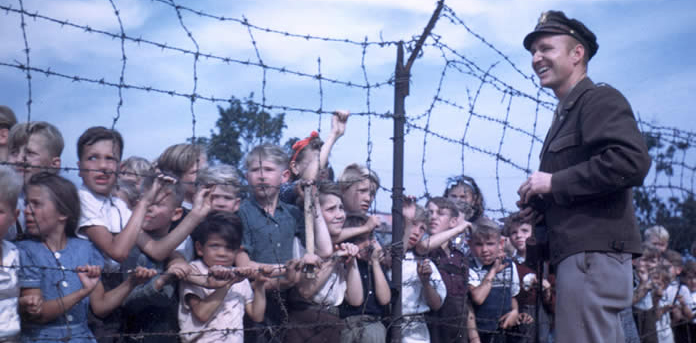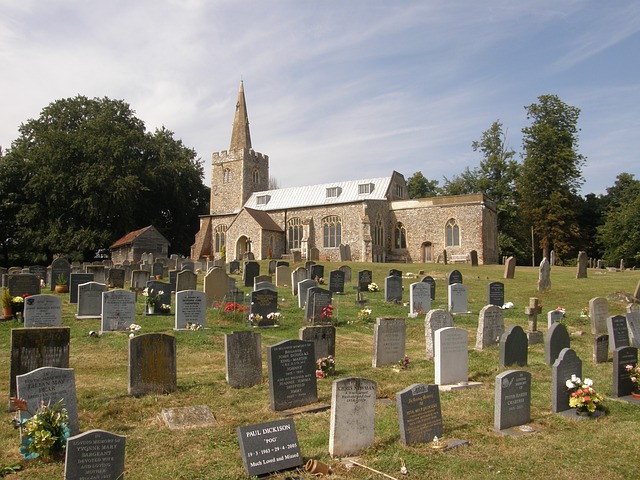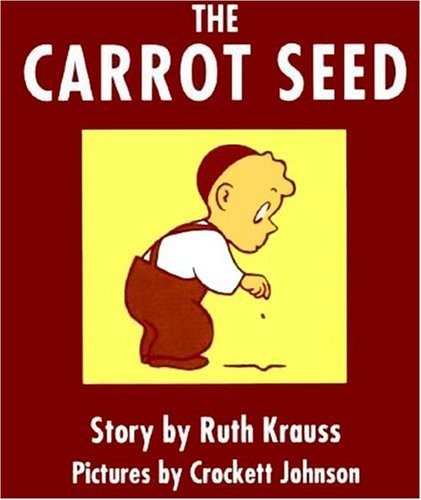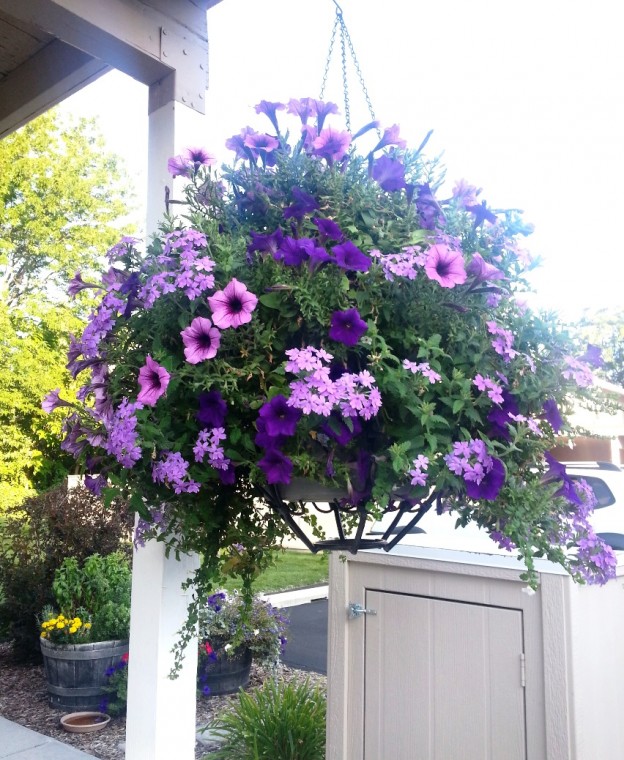Do you feel lucky, especially compared to other people? I mean in the sense of being fortunate.
Overall, the deficiencies of my life have cast a long shadow over very real and substantial blessings, in spite of my best efforts to be positive. I often have to work to rise above self-pity and then I don’t always succeed.
Recently, I visited in depth with a friend who acknowledges not having big problems: professionally successful, a happy family, good health, a satisfying church affiliation, and many friends. As we discussed issues of inner faith, I realized I had a blessing this friend, by his own admission, didn’t have: a living, one-on-one connection with God. And it has utterly transformed my life and view of the future.
Suddenly, I felt really lucky, and I realized I wouldn’t trade that precious relationship for a larger bank account nor even an intact, functional marriage. Can’t most of us see those gaping holes in our own lives? There certainly are people living what I call a “white-picket-fence lifestyle” and who would agree they’ve had very little adversity. But I think many more people could report very daunting challenges (dysfunctional family, divorce, health problems, struggling kids or no kids, financial reversals, etc.) which cast a big shadow over their happiness too.
So how do we regard these apparent inequities? Isn’t this blatantly unfair? Christianity gives us some answers:
- God doesn’t play favorites: Then Peter opened his mouth, and said, Of a truth I perceive that God is no respecter of persons: But in every nation he that feareth him, and worketh righteousness, is accepted with him. (Acts 10:34-5) So I have to believe that all will be tested, one way or another, and all will be blessed.
- There has to be a good reason behind all our circumstances, even if we can’t see what it is: For my thoughts are not your thoughts, neither are your ways my ways, saith the Lord. For as the heavens are higher than the earth, so are my ways higher than your ways, and my thoughts than your thoughts. (Isaiah 55:8-9) About this point, I have to remind myself that my desires too often lean toward comfort and happiness, not growth nor service!
- When our focus is spiritual, the circumstances of life will eventually catch up, in this life or the next: But seek ye first the kingdom of God, and his righteousness; and all these things shall be added unto you. (Matthew 6:33)
- Some adversity is a test, but all our losses will be made up in this life or the next. See the story of Job in the Old Testament – God allowed Satan to test his righteousness with terrible adversity, but afterwards God blessed Job: . . . the Lord gave Job twice as much as he had before. . . . So the Lord blessed the latter end of Job more than his beginning. (Job 42:10, 12)
- God will heal our sorrows: And God shall wipe away all tears from their eyes; and there shall be no more death, neither sorrow, nor crying, neither shall there be any more pain: for the former things are passed away. (Revelation 21:4)
- I’ll paraphrase one of my church leaders who explained differences this way: We are living in Act Two of a three-act play. We’ve lost our memory of premortal life (Act One) preparing to come here, nor can we see what will come after (Act Three) when all will be made up to us. We can’t truly understand our life’s path until we see the whole picture.
All these things comfort me, but nothing was quite so dramatic as this sudden paradigm shift. I really wouldn’t trade my education, my family heritage, and especially not my knowledge of God for the things I’m missing. And I know that if I stay on the path like Job, my latter end will be more than my beginning and that God will wipe away all tears. May you find peace and thanksgiving in your life as well.

God the Father, by Cima da Conegliano, 1515 AD
Courtesy Wikipedia.org









